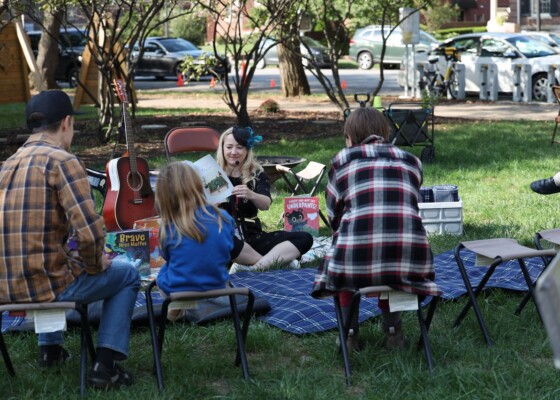A Father in the Civil War
December 1, 2011If Little Women is a novel about growing up in New England with one eye always on the faraway chaos of the Civil War, March is its mirror image. It…
If Little Women is a novel about growing up in New England with one eye always on the faraway chaos of the Civil War, March is its mirror image. It is the story of Meg, Jo, Beth and Amy’s father, a chaplain embedded with Union forces in the South, whose mind constantly turns to his wife and “little women” back in Concord, Massachusetts. Often these thoughts of his family are mixed with guilt over his real and imagined betrayal of them and of his own conscience.
March paints a picture of the American Civil War that vividly depicts what happens when idealism meets brutality. The harsh treatment of slaves and the dangers of life on a cotton plantation confiscated but not protected by the Union army are horrifying and serve as a test of March’s character.
March is actually the story of three families: the one in this novel, the one in Little Women and the real family that served as the model for both books – that of Louisa May Alcott herself. Geraldine Brooks’ Afterword to March should not be missed; it details the research Brooks used to draw her portrait of the March family and especially the father who was modeled on Bronson Alcott. Alcott himself, however, never went south with the troops; as Brooks writes, “So I have imagined a war for a Union chaplain of Bronson Alcott’s transcendentalist and abolitionist convictions.”
Brooks also fills out the portrait of Marmee. Louisa May Alcott hints at Marmee’s temperament and her struggles with anger management, but Brooks invents incidents that make her Marmee seem nearly deranged. Like her husband, Marmee throws herself into the cause of abolitionism with great fervor, even offering her home as a station on the Underground Railroad, up to the point when March loses all their money through an ill-advised investment scheme sold by none other than John Brown. Other well-known historical figures appear briefly in the novel, including Henry David Thoreau, yet another fiery idealist who was a friend of the Alcott family.
March is the first of three books that have been selected for “Making Sense of the American Civil War,” a reading and discussion series sponsored by the National Endowment for the Humanities and the American Library Association, with additional support from Indiana Humanities. The series is set to launch in 2012 at public libraries around the country, including five in Indiana: Eckhart (Auburn), Marion, Middlebury, Shelbyville and Whiting. The books will also be available through Novel Conversations after the conclusion of the program.
This What-Are-You-Reading post was written by Nancy Conner, director of grants at Indiana Humanities and coordinator of Novel Conversations.


